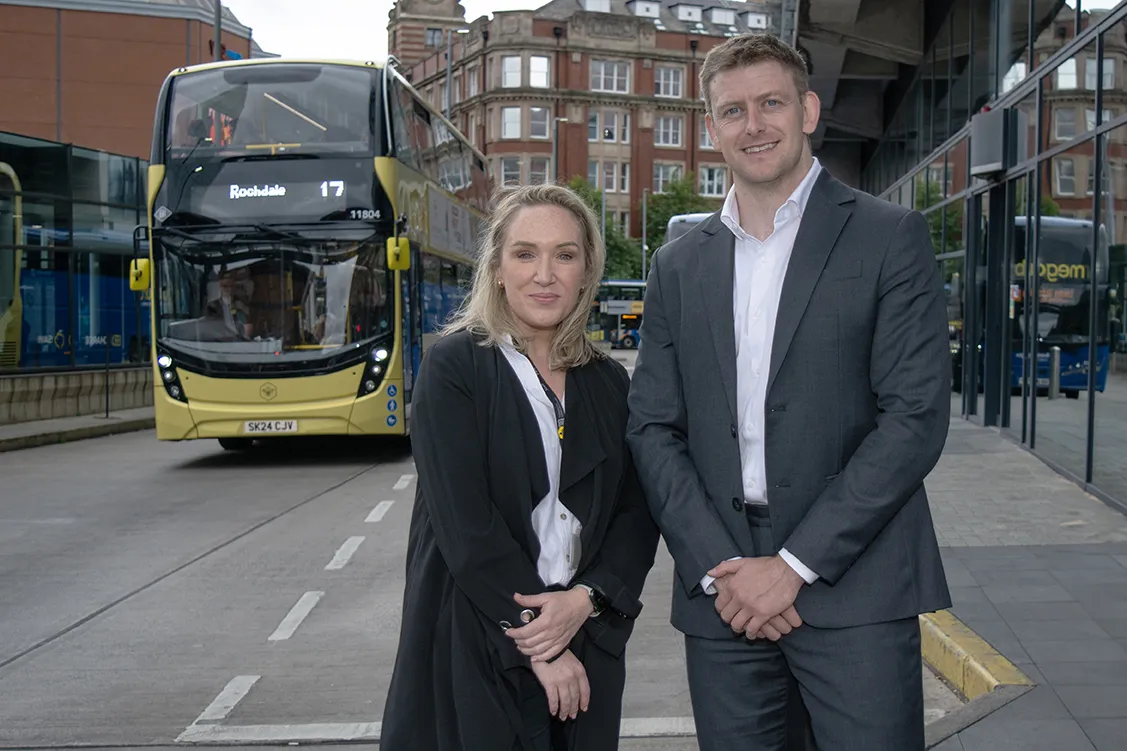
The UK government has earmarked a further £143 million to help local transport authorities throughout England to invest in almost 1,000 zero-emission buses.
Mark Harper, secretary of state for transport, made the announcement during a visit to the Cheltenham depot of Stagecoach, one the UK’s largest bus and coach operators.
The new buses will improve the passenger experience, providing users with considerably quieter, smoother, and more comfortable journeys. They will also meet enhanced accessibility standards and will come with the latest passenger experience features.
The funding comes from the second round of the Zebra programme, which will see new electric buses in towns, villages and cities across England, with £40 million of the funding ringfenced for the most rural parts of the country.
Today’s investment follows over £270 million to 16 local councils in England from the first round of Zebra funding, bringing the total UK government support to roll out zero-emission buses to more than £413 million across 41 local transport authorities.
Stagecoach is participating in 11 projects to deploy 367 electric buses across England, from Torbay in the south-west to Newcastle in the north, involving six of Stagecoach’s operating companies. Sam Greer, chief operating officer of Stagecoach, said the latest government funding gives renewed confidence to the whole supply chain and will unlock significant private sector investment into new clean vehicles.
"This is a really positive step forward in helping to reduce carbon emissions and deliver cleaner air, building on the funding already made available to support bus services in England through the £2 fare cap. We look forward to working with our local authority partners to deliver our shared ambitions for thriving bus services that support local communities," said Greer.
Alison Edwards, director of policy at the Confederation of Passenger Transport (CPT) - the national trade body for bus and coach operators across the UK, with around 900 members - said the additional money will help accelerate vital public and private investment in new zero-emissions vehicles and charging infrastructure. “We also welcome government’s recognition of the particular difficulties faced by rural areas in moving to zero emission bus fleets, as set out in CPT’s Rural Zero-Emission Bus Taskforce’s recent report.”
In the report, a taskforce of industry experts and stakeholders convened by CPT outlined how rural areas can become a driving force for the UK’s transition to a zero-emission bus fleet. They called for local transport authorities to produce decarbonisation strategies and for long-term government investment.










